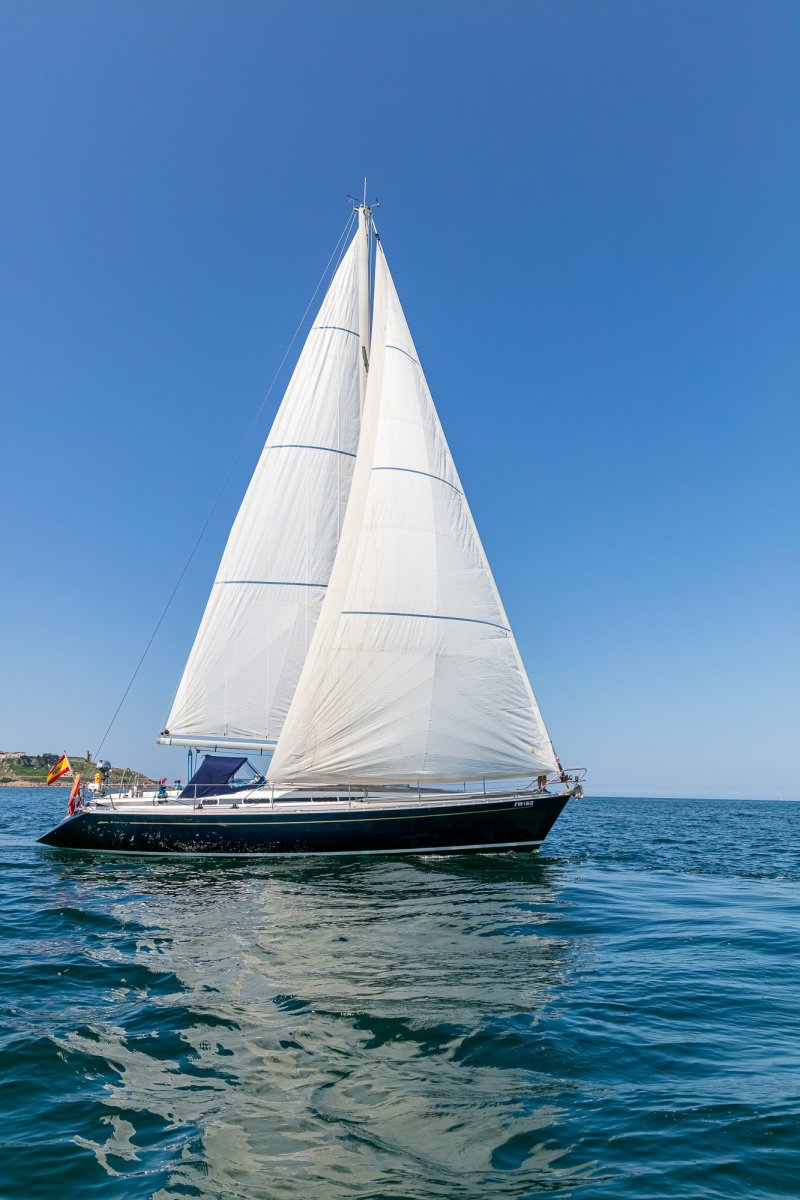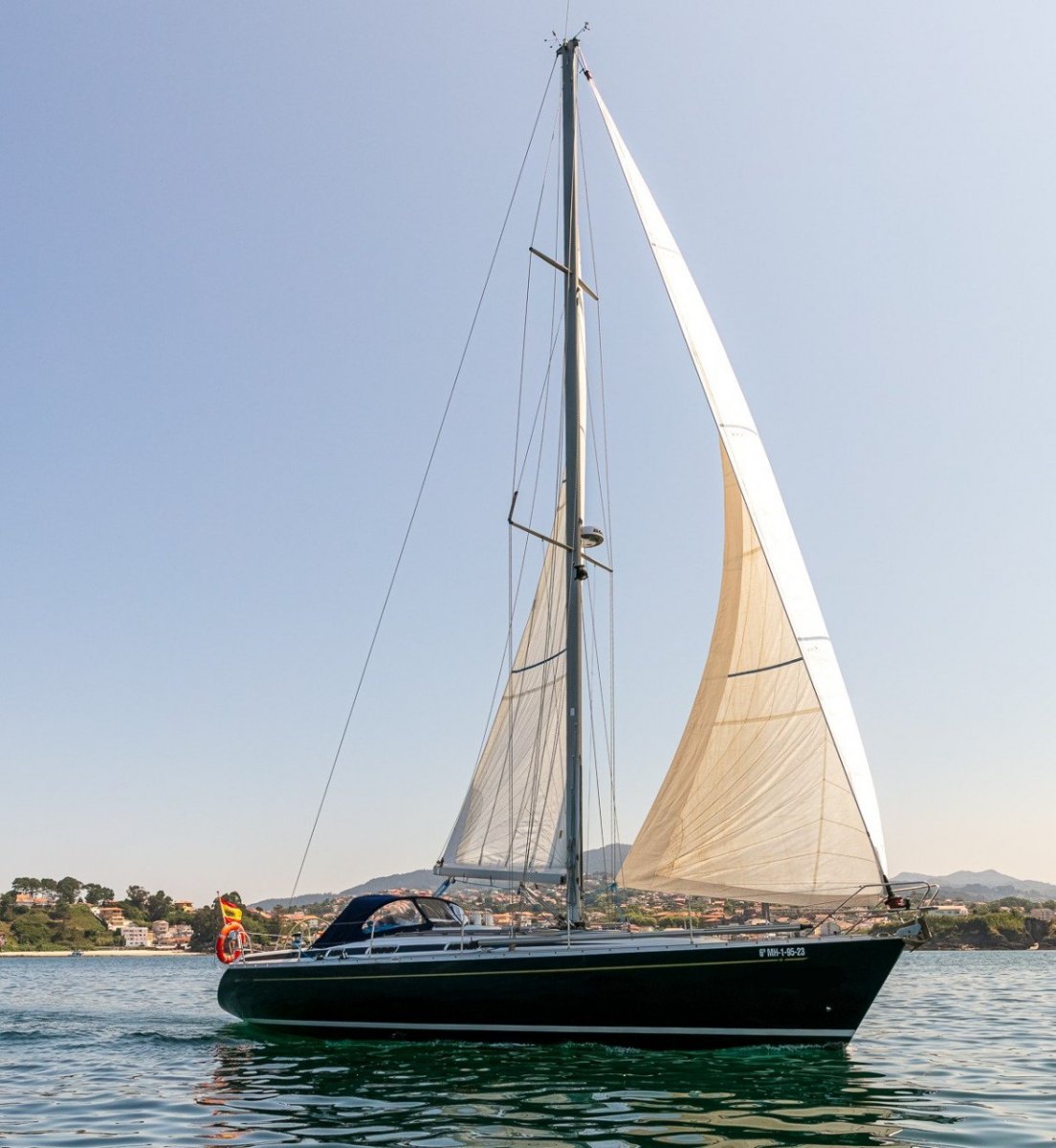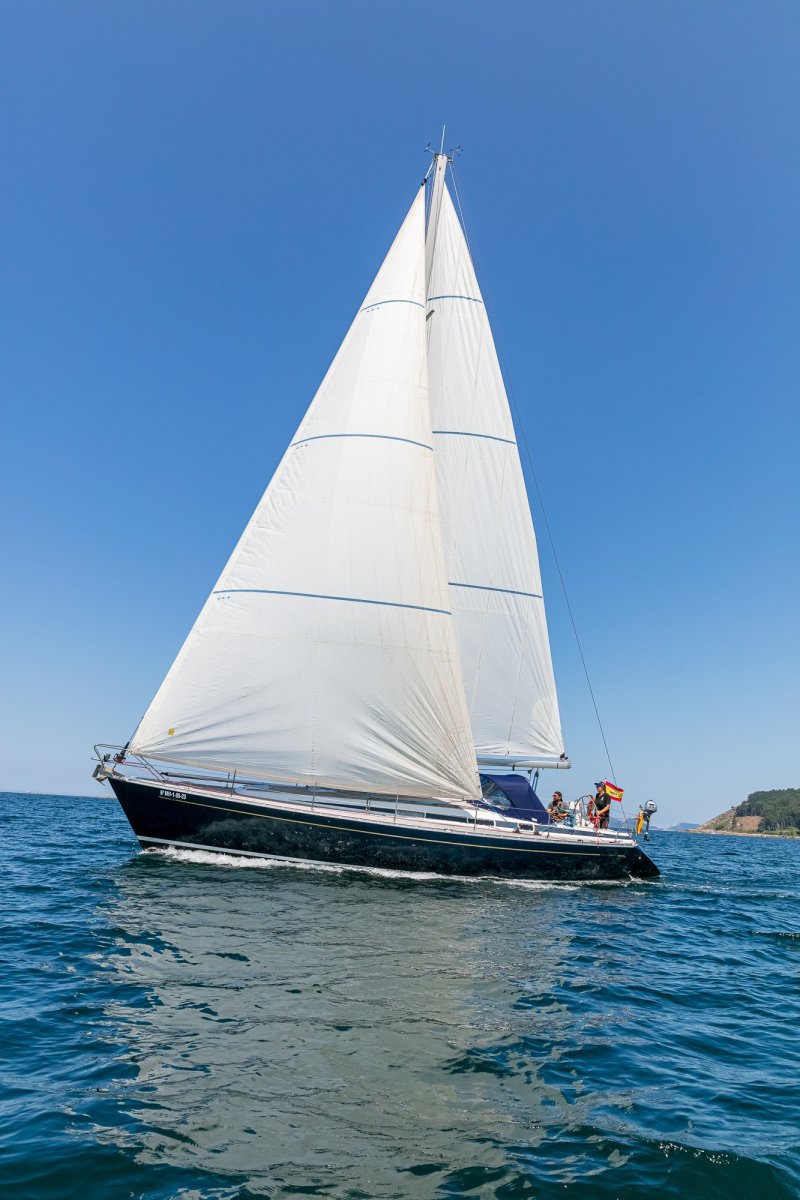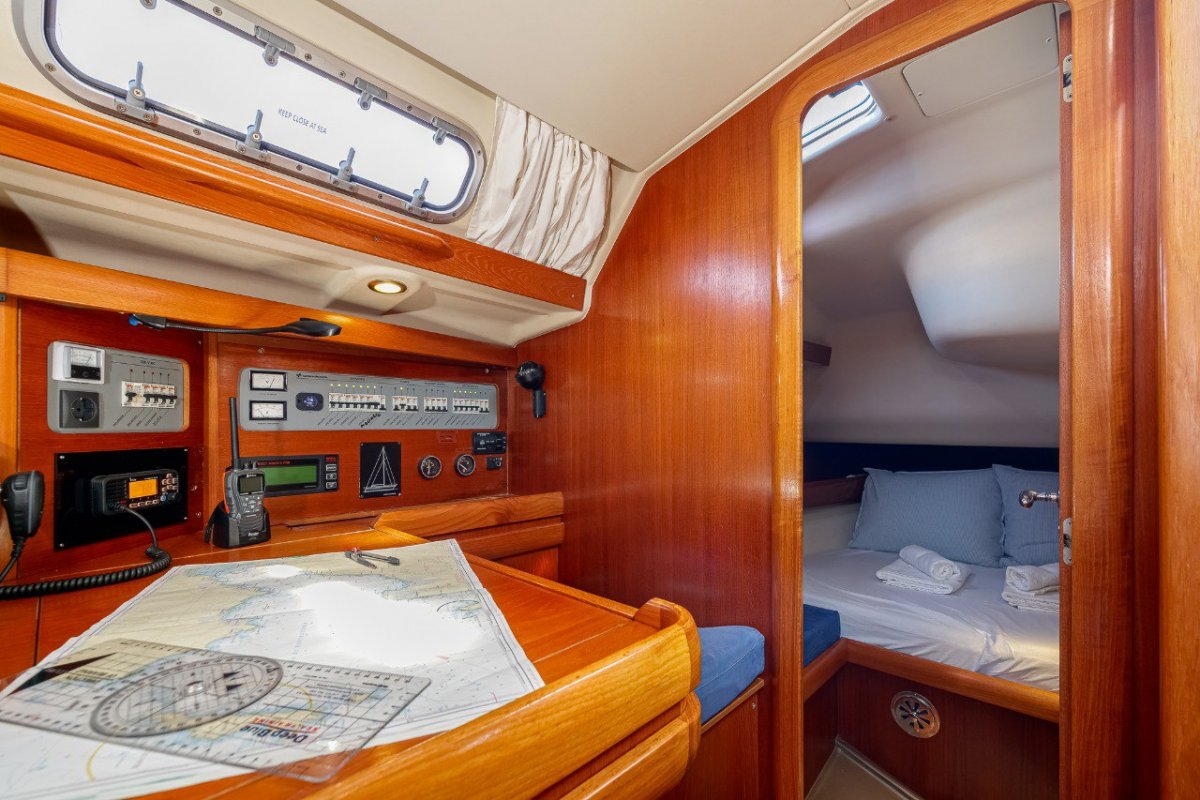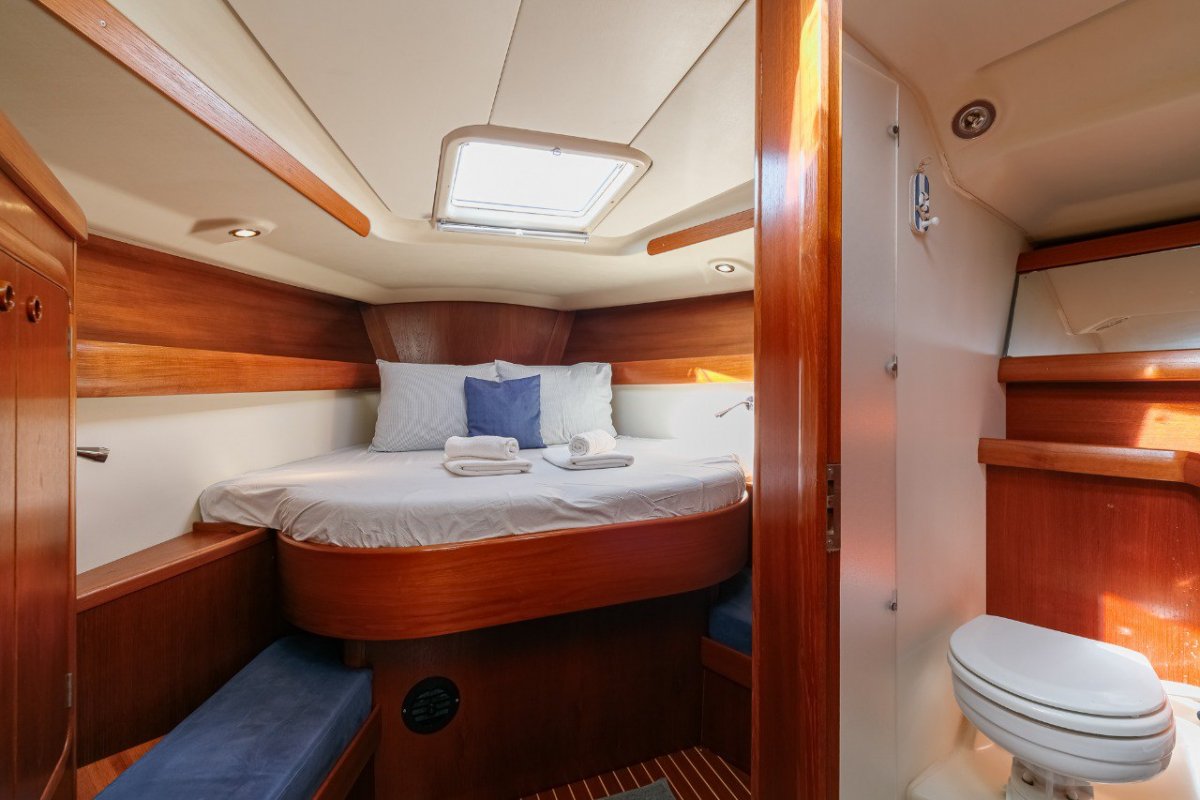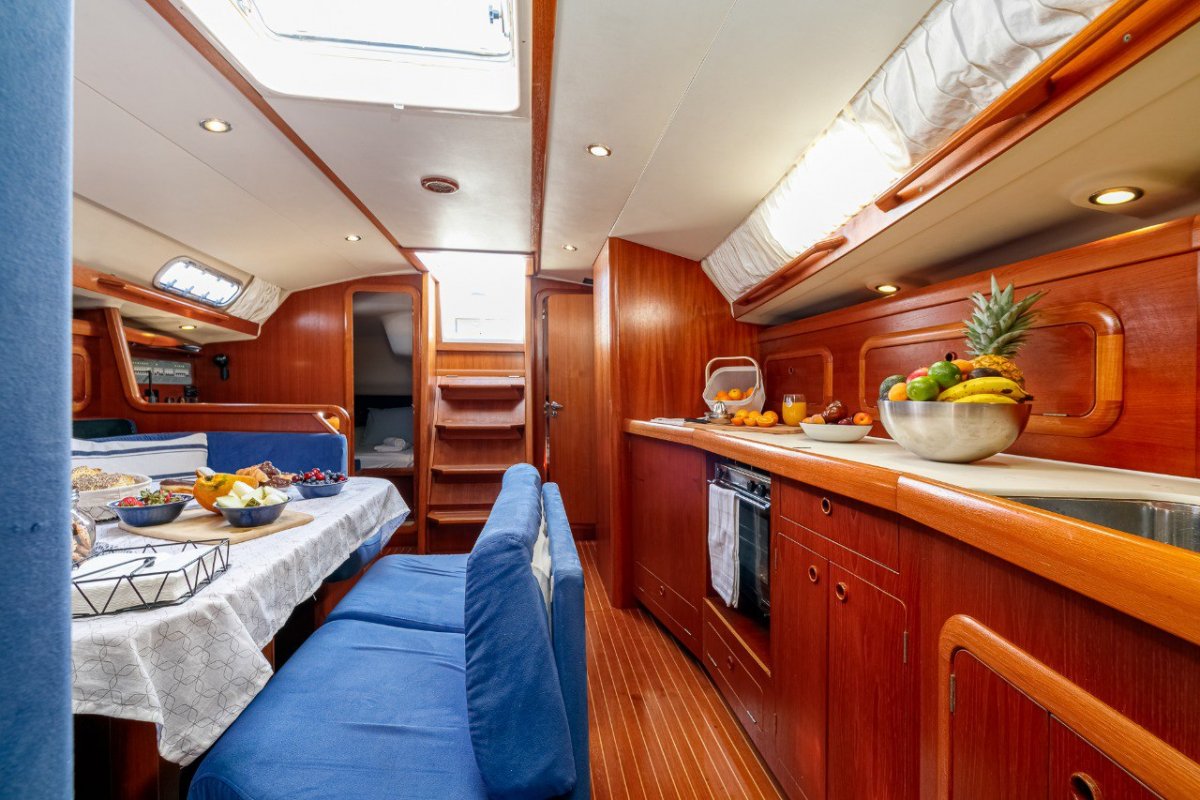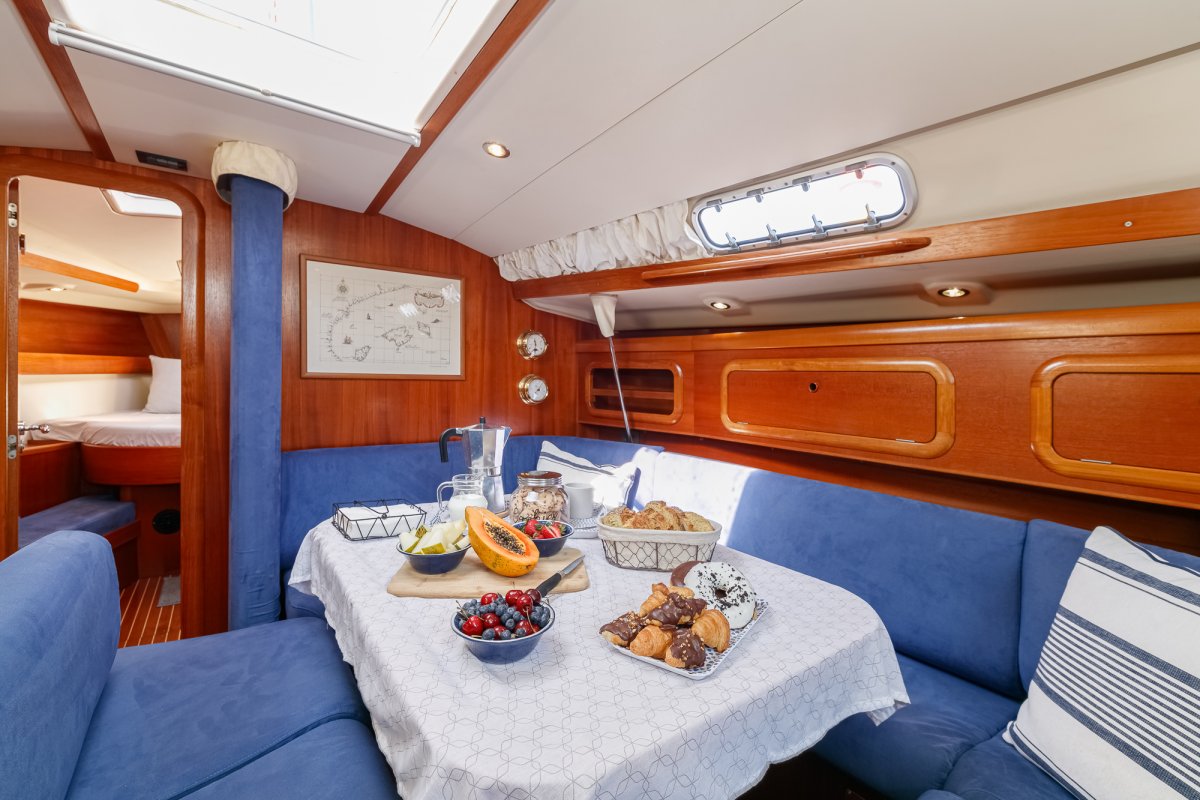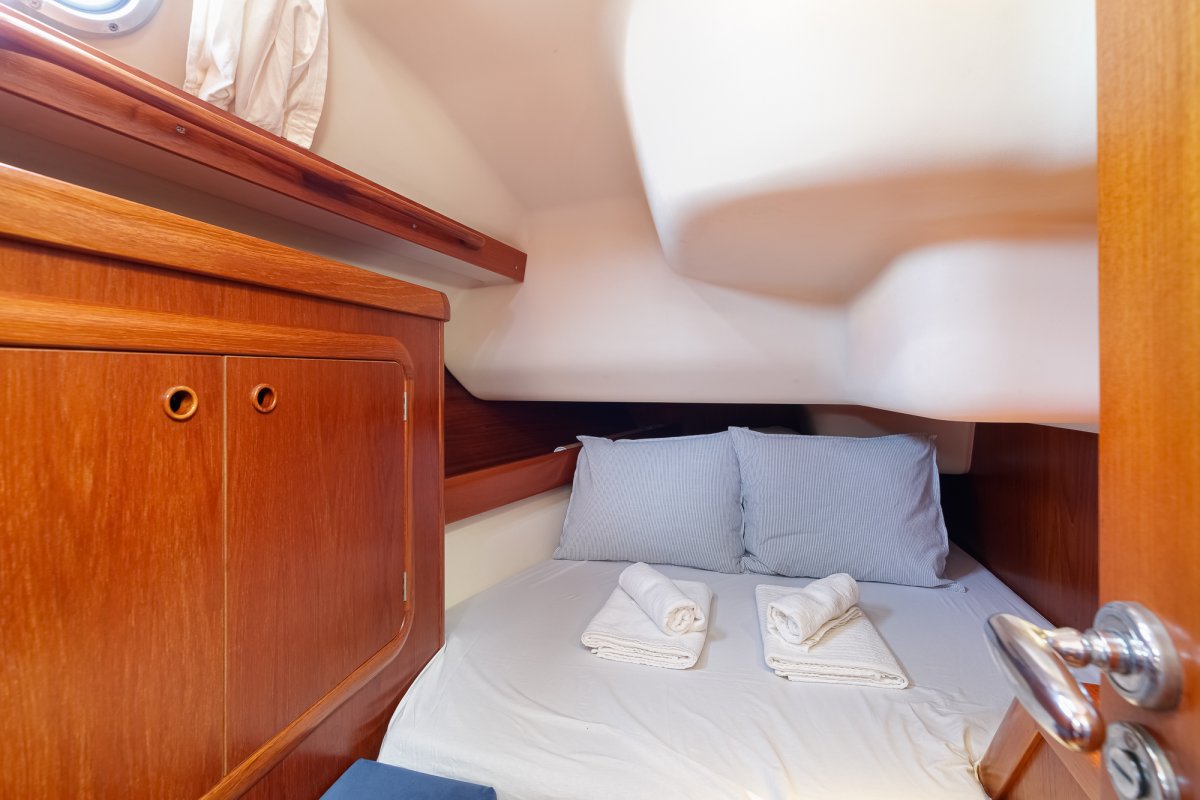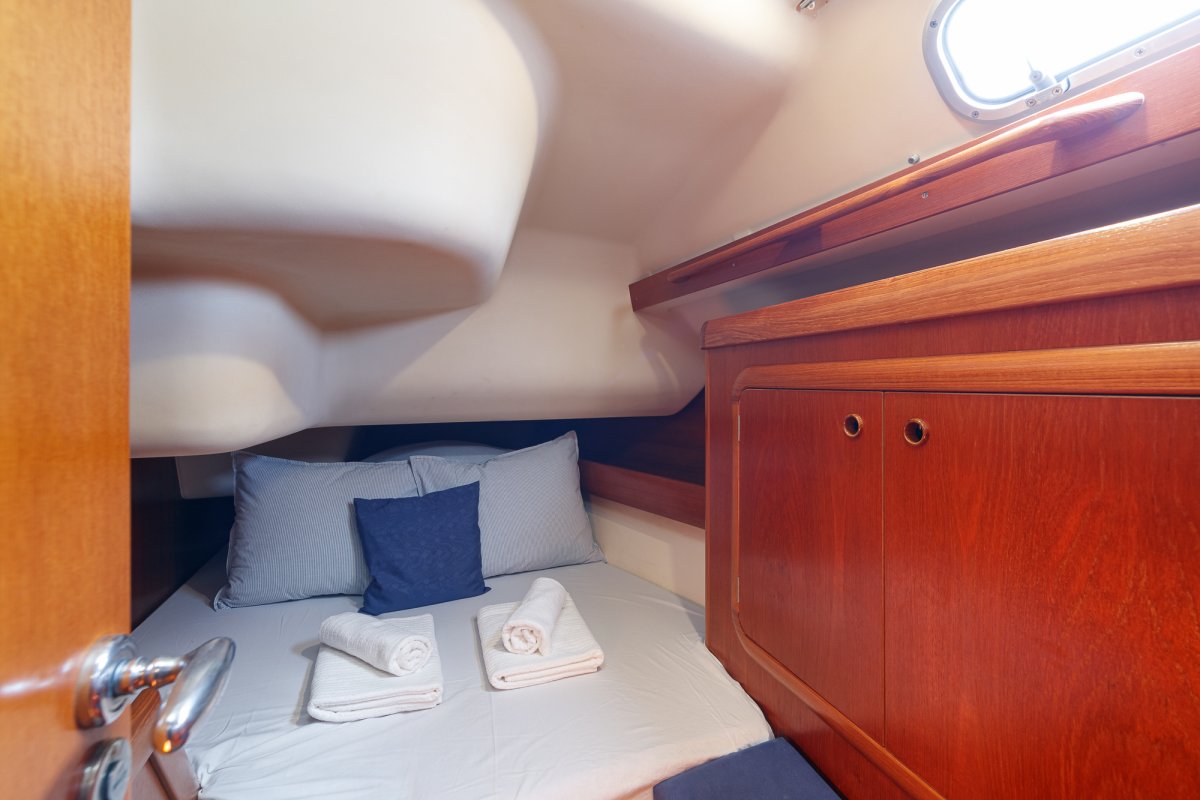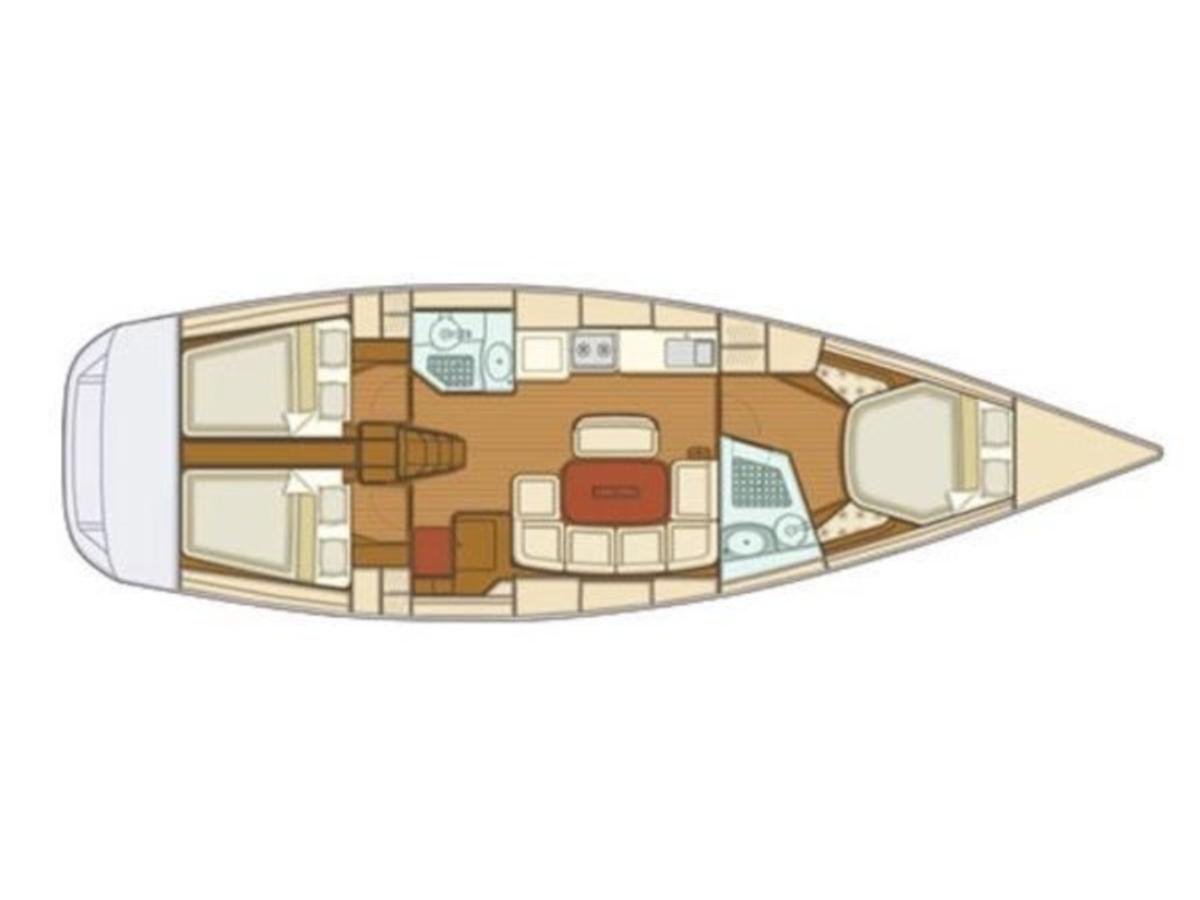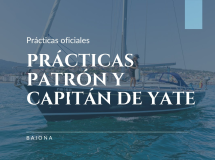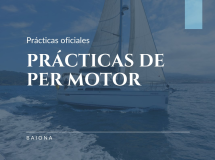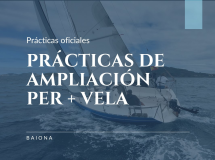Preparing for the sea:
Be able to prepare a yacht for sea, including engine checks, sail selection, securing and stowing all equipment on deck and below.
Deck work:
You can lower, reef and change sails to suit prevailing conditions.
You can set up an anchor, mooring lines, and take charge of the crew by tying alongside, pulling up to a buoy, anchoring, and setting sail.
In Navigation:
Be competent in chart work and navigation routines on the voyage, including: Taking and plotting visual reference points. Using electronic navigation equipment to fix position.
Using waypoints.
Working up to DR and EP.
Estimation of tidal heights and tidal currents.
Determine the course to follow to allow for tidal current, leeway and drift.
Knowledge of IALA buoyage.
Navigation log maintenance.
Use of echo sounder.
Pilotage.
You can prepare and execute a route plan for entering or leaving port.
Understand the use of alignments and oppositions.
Use of depth sounders as piloting aids.
Meteorology:
Know the sources of forecast information.
Interpret forecasts and use a barometer as a forecasting aid.
RIP:
Practical knowledge of the International Regulations for Preventing Collisions at Sea.
Maintenance and repair work:
Understands and is able to perform maintenance tasks.
Learn about the properties and uses of common synthetic fiber ropes.
Engines:
Knows how to change fuel and water filters, pump impeller and bleed the fuel system.
Refreshments:
Understand how to provision a yacht.
Emergency situations:
He is able to take the correct measures as a skipper for the recovery of a man overboard.
Understand the use of distress flares and how to use a life raft.
You can operate a radio telephone in an emergency and send a distress message.
Understand how to secure a trailer.
Understand rescue procedures, including helicopter rescue.
Motor yacht handling:
It can safely carry a boat to and from a berth, mooring buoy and anchor in various wind and tide conditions.
You can steer and trim sails effectively at all points of navigation.
Route plan:
Can plan and conduct a coastal passage, taking into account relevant navigational hazards and limitations imposed by vessel type and crew strength.
Night Cruise:
Has experienced night sailing, including entering and leaving port.
Understands the special consideration of route plans, monitoring and identifying marks at night.
Dizziness:
Work efficiency is not affected/partially affected/severely affected by dizziness.
Government and Sailing:
Understands the basic principles of navigation and can steer and trim sails at all points of navigation.
You can follow a compass course, sailing or motoring.
General duties:
Has satisfactorily carried out general duties on deck and below deck in relation to the daily routine of the vessel.
Hours: Monday at 9:00 a.m. - Friday at 5:00 p.m.
Duration: 5 days (Monday to Friday)
Minimum of 2 students registered to take the course.
Frequency: all year round
Boat: Grand Soleil 43
Read more
